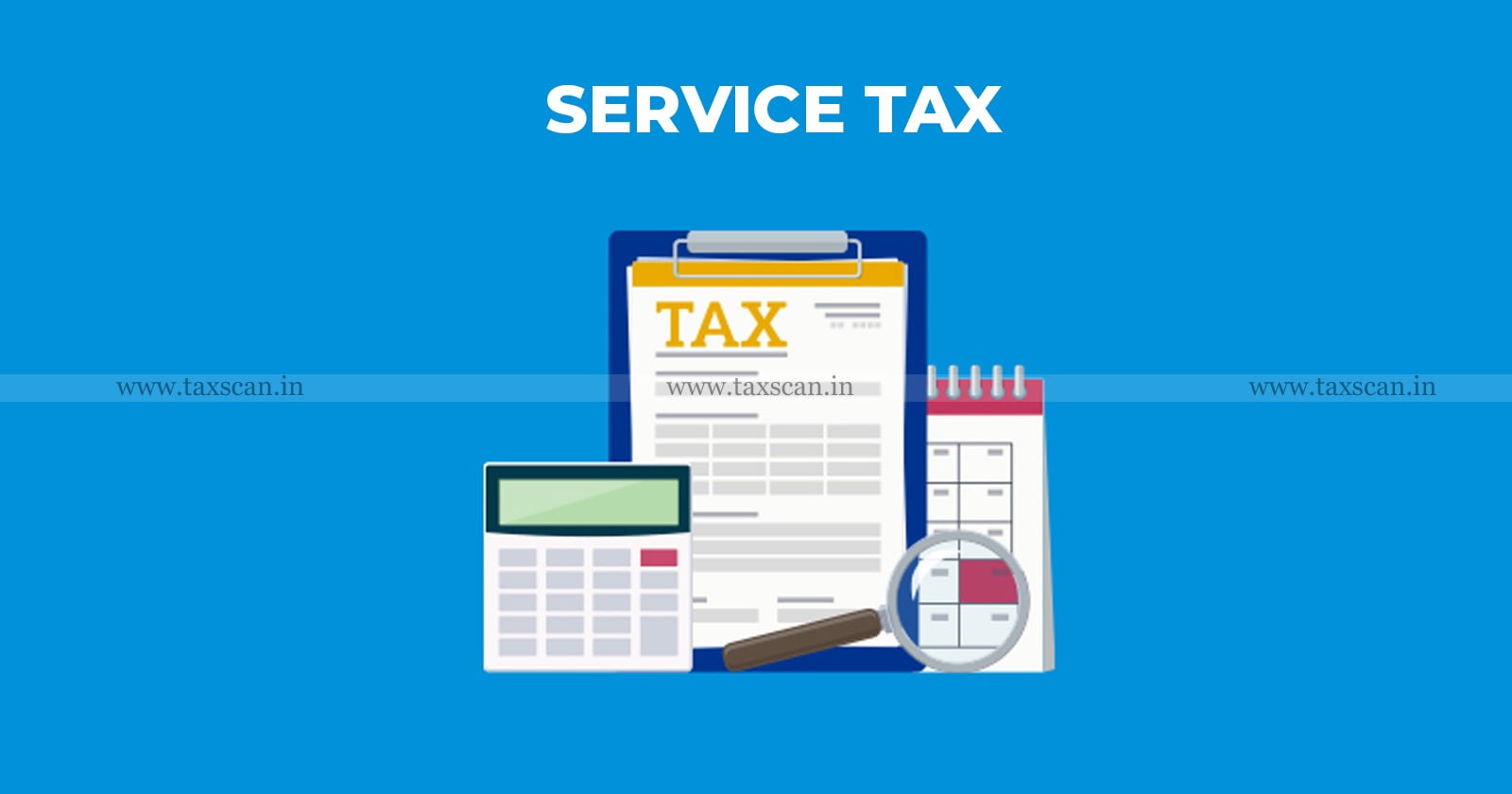Extended Limitation Period Not Sustainable Without Suppression: CESTAT Faults Department for Failing to Scrutinize Returns [Read Order]
The CESTAT held that since the appellant was earlier audited and issued an SCN on the same grounds, the range officer should have verified the returns and raised timely demands
![Extended Limitation Period Not Sustainable Without Suppression: CESTAT Faults Department for Failing to Scrutinize Returns [Read Order] Extended Limitation Period Not Sustainable Without Suppression: CESTAT Faults Department for Failing to Scrutinize Returns [Read Order]](https://images.taxscan.in/h-upload/2025/06/13/2043623-extended-limitation-period-extended-limitation-period-not-sustainable-taxscan.webp)
The Delhi bench of the Customs, Excise and Service Tax Appellate Tribunal (CESTAT) held that the extended period of limitation was not sustainable without suppression on the part of the assessee, and noted that the department failed to scrutinize the returns.
In this case, the assessee M/s. Chhattisgarh Samvad had appealed against the order passed by the Principal Commissioner, in which he confirmed the demand of service tax of Rs. 11,93,60,235/- on the appellant, along with interest under Section 75 ofthe Finance Act, 1994, and imposed an equal amount as penalty under Section 78 of the Act.
Upon examining the facts of the case, the appellant is an associate organization of the Chhattisgarh Government’s Public Relations Department, tasked with handling advertising for its various schemes. Government departments send requests, and the appellant’s in-house team creates content like posters, hoardings, and ad films. Once the designs are approved, they get published through selected partner agencies.
The appellant collects money from the client department for a consolidated sum towards the amounts charged by the empanelled agencies, service tax on their services and 10% or 15% as its service charges and service tax on its service charges, and pays the empanelled agencies for their services.
Stay Updated with the Latest Audit Report Formats & Audit Trials Requirements!, Click Here
 Also Read:CESTAT Rejects Dual Taxation on Transportation: Service Already Taxed Under GTA Cannot Be Taxed Again as BAS [Read Order]
Also Read:CESTAT Rejects Dual Taxation on Transportation: Service Already Taxed Under GTA Cannot Be Taxed Again as BAS [Read Order]
When the appellant’s records for the period 1.4.2011 to 30.6.2015 were audited, it was observed that the appellant had not paid service tax on certain services which it had rendered, and also that it had collected certain sums from the clients as representing service tax but did not deposit the amounts as service tax.
A show cause notice was issued, and later on, the impugned order was passed.
It was observed by the department that the appellant had not paid service tax on certain services which it had rendered, and also that it had collected certain sums from the clients as representing service tax but did not deposit the amounts as service tax.
In this appeal, mainly 4 grounds were raised by the appellant, and one of the grounds was with regard to the imposition of the demand by invoking the extended period of limitation and the penalty under section 78 of the Finance Act, 1994.
It was submitted by the assessee’s counsel that the department can't claim ignorance of the appellant’s business practices or allege suppression of facts in the later SCN as the appellant was already audited and issued a Show Cause Notice (SCN) on 30.5.2011 for the same issues.
Stay Updated with the Latest Audit Report Formats & Audit Trials Requirements!, Click Here
By relying on the judgement of Nizam Sugar Factory vs Collector of Central Excise, AP4, 2008 (9) STR 312 (SC), it was contended by the assessee’s counsel that extended period of limitation cannot be invoked as the appellant had not paid or short paid service tax by reason of fraud or collusion or wilful mis-statement or suppression of facts or violation of the provisions of the Act or Rules with an intent to evade payment of service tax.
 Also Read:Service Tax on Transit Insurance Unsustainable When Already Included in Excise Duty: CESTAT [Read Order]
Also Read:Service Tax on Transit Insurance Unsustainable When Already Included in Excise Duty: CESTAT [Read Order]
The CESTAT, by noting that the appellant was previously audited and an SCN was issued on the same grounds, held that the range officer with whom the returns were filed should have checked them and raised demands periodically.
The bench, by going through the facts of Nizam Sugar Factory, held that the demand for an extended period of limitation cannot be sustained.
Delhi CESTAT, comprising Rachna Gupta (Judicial Member) and P.V. Subba Rao (Technical Member), partly allowed the assessee’s appeal.
Support our journalism by subscribing to Taxscan premium. Follow us on Telegram for quick updates


